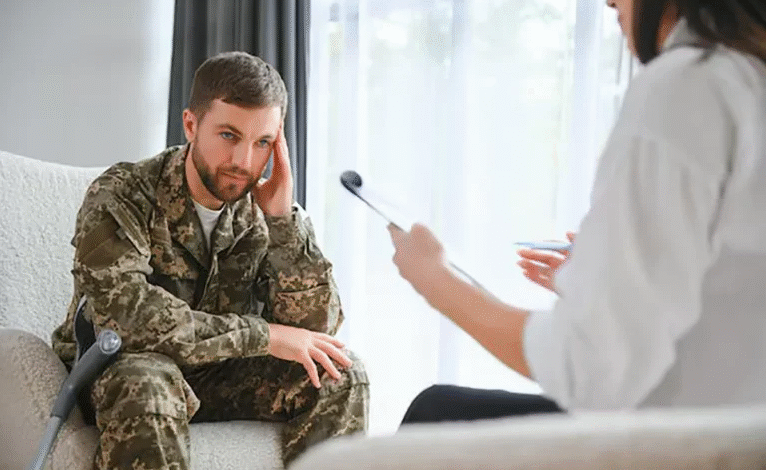The Ministry of Defense will involve military civilian psychologists in the reconstruction

The Ministry of Defense of Ukraine is actively developing a holistic system of psychological support for servicemen, recognizing it as no less important than proper equipment or weapons. To achieve these goals are planned involvement of civilian psychologists.
“We want the care of our soldiers to be systematic and long-lasting. Not only when they are on the front line, but also when they come home. The support system is carried out at five levels and covers all stages of military service – from the first day to the return to civilian life.” – noted the head of the Department of Psychological Support, Colonel Oleg Mukan.
For the effective functioning of this system, the Ministry of Defense prepared a draft order “On approval of the Procedure for providing psychological assistance to servicemen in the system of the Ministry of Defense of Ukraine.”
This document will serve as a practical tool for professionals who provide assistance to the military, will contribute to their emotional recovery and will provide a clear organization of the work of psychological services at all levels. The implementation of the project will allow these services to acquire subjectivity and powers, which will increase their effectiveness in the conditions of war and relieve the medical system.
The document also aligns approaches to psychological assistance with NATO standards and takes into account the experience gained by Ukrainian military psychologists in full-scale war. It determines what forces and means can be involved, how civilian psychologists and resources of the Ministry of Veterans Affairs are involved in the process, and also outlines the types of assistance and mechanisms for its practical implementation.
“Psychological support should take place not only after hostilities, but also at the stage when the trauma has not taken hold. Therefore, military psychologists are already actively working in units today, conducting preventive work and helping at the first signs of crisis situations. This makes it possible to reduce the risk of PTSD and provide timely support to those who have experienced a traumatic event.” – Oleg Mukan explained.





